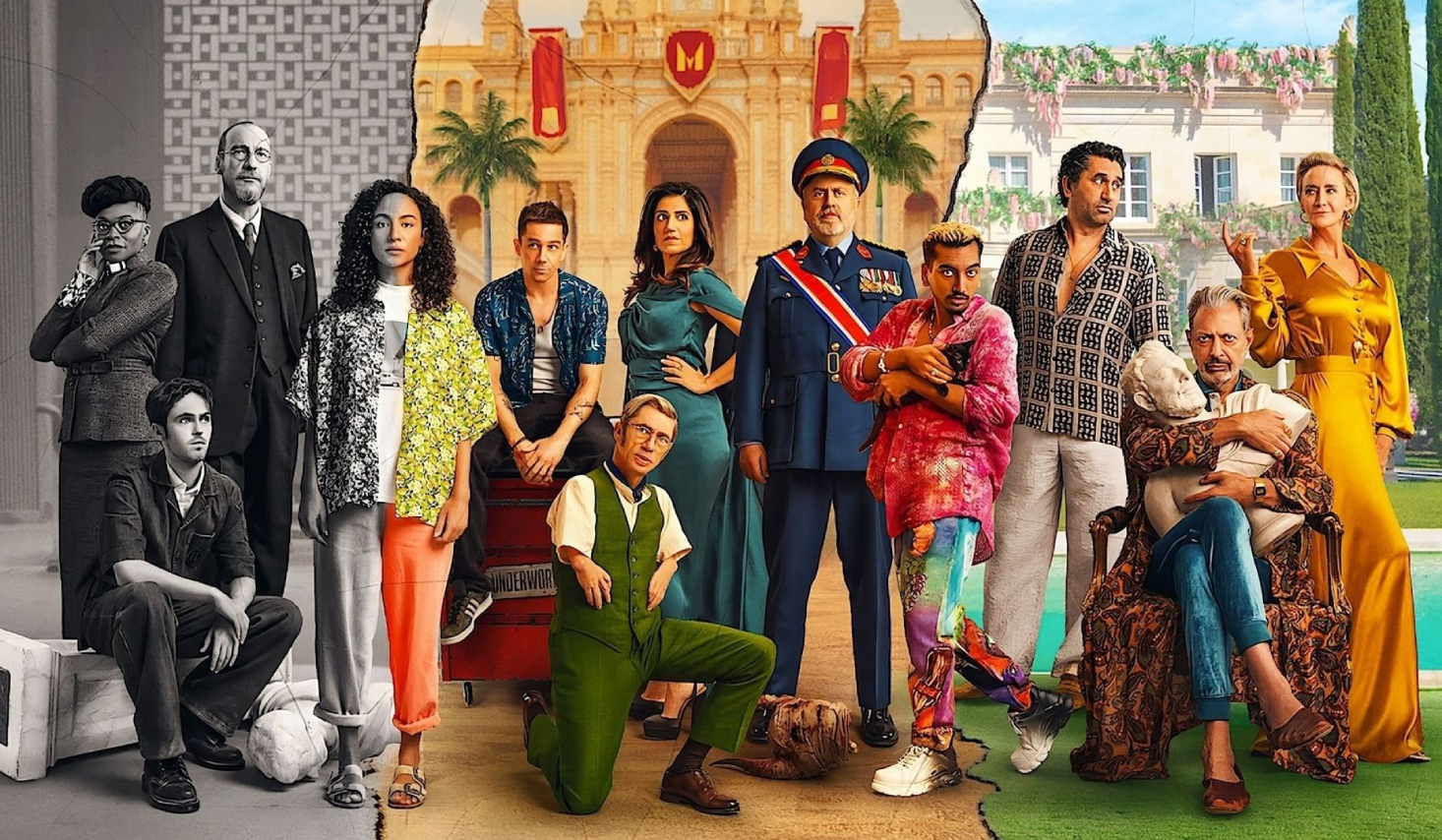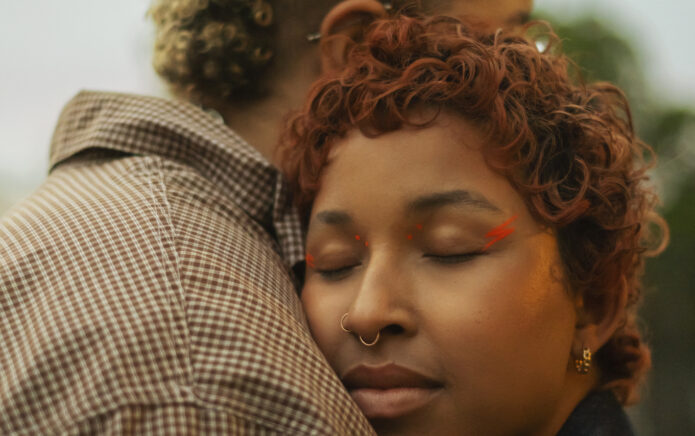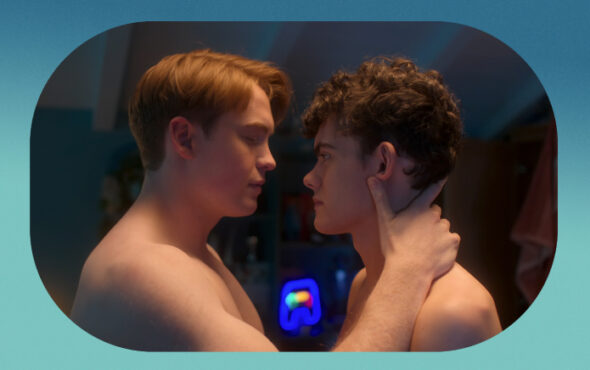
Queer representation in the media is more important than ever. Yet, while visibility has improved, the way LGBTQIA+ characters are portrayed often falls into a troubling pattern: it feels forced.
Too often, queerness is treated as a plot point rather than a natural part of a character’s identity, making representation feel like it’s reducing queer characters to symbols of “inclusivity”, rather than fully realised people.
Netflix’s Kaos, however, reframed the concept of representation entirely. The show created a world where queerness is integrated so naturally that it ceases to be a focal point, and its cancellation, not long after the first season was released, is a huge loss for authentic LGBTQIA+ characters on screen.
Set in the realm of Greek mythology, Kaos tells the story of gods and mortals entangled in power struggles, love, and betrayal. Kaos doesn’t feel the need to “explain” its queer characters. For example, Zeus, the king of gods, is portrayed as having lovers of various genders, and his wife Hera, too, engages freely with partners outside their marriage. Their sexuality is simply part of who they are — unquestioned.
This casual approach is revolutionary because it treats queerness as an intrinsic, unexceptional part of human (and divine) experience. There is no need for tortured confessions or dramatic “coming out” arcs; the characters’ queerness is just one of many aspects of their identities.
The show’s setting in ancient mythology lends Kaos an additional layer of subversion. Queerness was once an accepted and celebrated aspect of ancient Greek culture, visible in stories like that of Zeus and Ganymede or the dual-gendered Hermaphroditus. But centuries of reinterpretation, coupled with the rise of heteronormative and religious moralities, have erased much of this fluidity.
By placing its queer characters in a world inspired by these ancient myths, Kaos reclaims a space that has long been denied to LGBTQIA+ people. It reminds us that queerness is not a modern phenomenon, but a timeless truth that has always existed.
Religion shapes many people’s moral compasses, influencing how society views sexuality and gender. Sometimes, in the modern world, people’s religious narratives can frame LGBTQIA+ identities as sinful. Thus, seeing powerful, revered deities portrayed in queer relationships on screen carries significant symbolic weight. If even gods can be queer without judgement, why shouldn’t humans? This is a subtle, yet potent way to challenge contemporary biases and present a vision of inclusivity that transcends earthly prejudices.
All of these elements made for groundbreaking representation, but what makes Kaos truly stand out is its creation of a world where queer people are not defined by struggle.
So often, LGBTQIA+ characters on screen are burdened by narratives centred on pain — dealing with rejection, navigating a hostile society, or fighting for rights or simply tolerance. While these stories are vital and do reflect real experiences, they also limit the scope of the depiction of queer lives. Kaos takes the next step: it imagines a society that isn’t defined by exclusion, where queer relationships are treated with the same nuance and normality as their heterosexual counterparts. It’s a world where a god’s attraction to a man or a woman holds no more weight than their desire for power, revenge, or companionship.
Too often, LGBTQIA+ characters are brought into stories as tokens or tropes, meant to either educate a presumed straight audience or attract a wider viewer base. Their queerness becomes their defining trait, and their story arcs revolve almost entirely around queer struggles.
But in Kaos, queer characters are relatable, multidimensional, and — crucially — allowed to exist without their identity being the most interesting thing about them. Their relationships and desires are just one aspect of who they are, making them more authentic and relatable. This vision might be fantastical, but it offers a powerful antidote to the often grim portrayals of queer life. It’s a reminder that LGBTQIA+ people don’t have to be defined by adversity and that their identities can be shown without baggage.
Netflix’s decision to end Kaos after a single season does more than cancel a promising show; it halts the progression toward an inclusive media landscape that reflects the true diversity of human identities. In denying Kaos a future, Netflix has robbed queer viewers of an empowering narrative and silenced one of the most affirming voices in contemporary media. Kaos held the power to shape the imaginations of young queer viewers, offering them a vision of themselves that defied stereotypes and struggles and instead embraced authenticity and dignity.
The loss of Kaos is a huge setback — a reminder of how rarely we are offered authentic representation without compromise, and how much further we still have to go.
Scout is an ambassador for Just Like Us, the LGBT+ young people’s charity. Just Like Us needs LGBT+ ambassadors aged 18-25 to speak in schools – sign up now.



